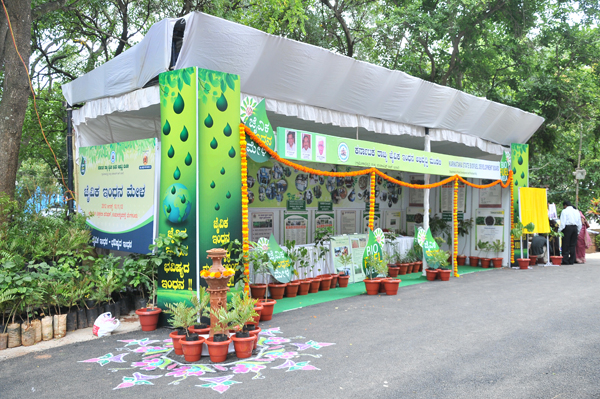 BANGALORE: Bio fuel is the need of the day but the production, excise rules and acquiring barren lands to cultivate these plants are the stumbling blocks to the growth of this industry. Nevertheless, United Nations has recognized the co-operative model of the bio-fuel programmes run by the Karnataka State Bio-fuel Development Board (KSBDB).
BANGALORE: Bio fuel is the need of the day but the production, excise rules and acquiring barren lands to cultivate these plants are the stumbling blocks to the growth of this industry. Nevertheless, United Nations has recognized the co-operative model of the bio-fuel programmes run by the Karnataka State Bio-fuel Development Board (KSBDB).
“By the current rate of consumption, fossil fuel may last for only three to four decades. India has a pressing reason to increase bio-fuel consumption because the agri-products produced are in huge quantity and that can be used till the end. Karnataka set up the task force and adapted policy in March 2009, nine months before the centre’s adapted the policies,” remarked YB Muddukrishna, former chairman of the board.
He said that the state is producing 200 million litres of ethanol whereas the national mandate is for 20% of ethanol blending. “The state alone meets the national target but technological, policy amendments and government firmness could help foster the implementation of blending,” he said.
However, the multi-seed, stock and species programme taken up the KSBDB has given farming, marketing and employment opportunities making it a cooperative model like the milk federation. “Training to framers, panchayats and joining hands with social forestry, agriculture, horticulture and various departments helped build this sector to what it is now. Students from Florida University and Germany have written research papers on our model and even UN has recognized our model as the best to help grow bio-fuel industry,” Muddukrishna said.
V Umesh, present chairman of KSBDB and additional chief secretary to the government said, “Involvement of local bodies, people on what approach, backward linkage to develop species in nurseries as well as procurement and processing, convincing farmers and working with government departments is the first challenge. Now this being solved, the requirement of government land to cultivate bio-fuel plants remains to be addressed.”
Excise department officials who were present there admitted that the laws of production, storing, transporting, importing and exporting stands as one of the biggest hitch in the development of this sector.
